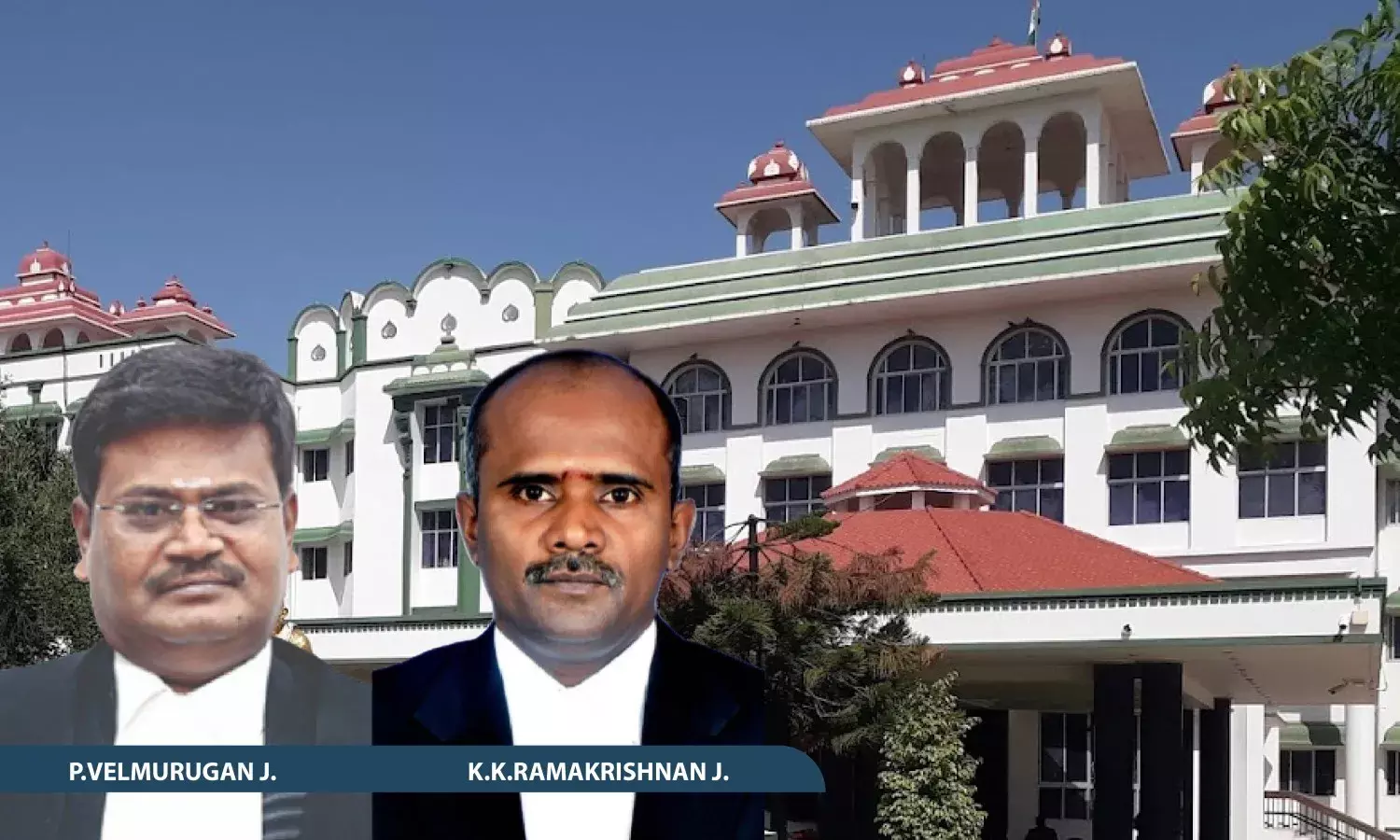Writ Courts Cannot Decide An Issue Of Negligence Under Article 226 Without Evidence: Madras HC Sets Aside Order Of Compensation
The Madras High Court has held that writ courts cannot decide an issue on negligence by exercising their power under Article 226 of the Constitution based on factual aspects without any documentary evidence.
The Court set aside the order of the Single Bench that directed the school authorities to pay a sum of Rs. 25 lakhs to a student for injuries sustained during special coaching classes by the school.
A Division Bench of Justice P. Velmurugan and Justice K.K. Ramakrishnan held, “The negligence and other aspects have to be decided only by way of adducing the evidence and also the injuries sustained and also the percentage of disability and the liability can be decided only after giving opportunity to the parties and evidence has to be let in and the writ Court, without any proper pleadings and also the documentary evidence, ought not to have decided the cases of this nature. If the decision requires any further evidence, writ Court ought not to have decided the factual aspects especially requires evidence.”
Additional Government Pleader M. Sarangan appeared for the appellants, while Advocate S.C. Herold Singh represented the respondents.
The mother of the injured student had filed a petition seeking Rs. 50 lakhs as compensation for the eye injury her son (student) sustained in 2010 while attending a special coaching class at the school. A co-student had attacked the student with a stone during a break. As a result of the attack, the student allegedly lost his eyesight in the right eye.
It was argued by the mother that the school management, including the Correspondent and the Headmaster, were responsible for controlling the students. It was argued that the special classes were conducted in violation of a government order, and the failure of the school authorities to supervise students properly during the class break contributed to the injury.
The Single Bench has considered the matter and allowed the petition while directing the authorities to pay a sum of Rs 25 Lakhs to the student. Aggrieved by the order, the authorities filed an appeal challenging the same
The Division Bench of the High Court held that negligence and other aspects have to be decided by adducing the evidence, and not on facts. “This Court does not find any iota of material to show that the incident had happened only due to the act of the appellant but by the co-student. However, to prove the allegations levelled in the affidavit requires some evidence,” the Madurai Bench remarked.
Consequently, the Court held, “Cases of this nature writ Court cannot decide the issue by exercising power under Article 226 of the Constitution of India. Therefore, the order passed by the learned single Judge…is hereby set aside and further the first respondent/writ petitioner is at liberty to work out her remedy in the manner known to law.”
Accordingly, the High Court allowed the appeal.
Cause Title: The Government of Tamilnadu & Ors. v. K. Renjees Mary & Ors.
Appearance:
Appellants: Additional Government Pleader M. Sarangan
Respondents: Advocates S.C. Herold Singh and K.Ragatheeskumar




